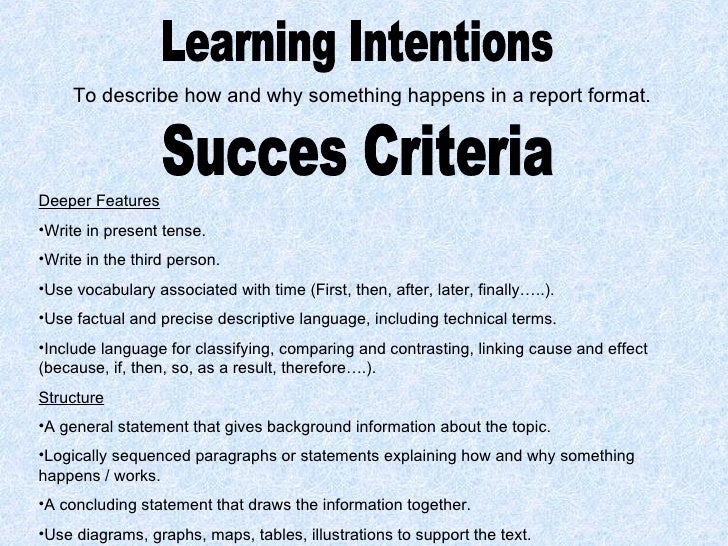Writing Good Reports
Ten Tips for Writing Reports Efficiently Try using these 10 tips the next time you write a police report, and you’ll be able to complete your paperwork more quickly and efficiently. And that’s only one of the benefits. Ten Tips for Writing Reports Efficiently Try using these 10 tips the next time you write a police report, and you’ll be able to complete your paperwork more quickly.
Try using these 10 tips the next time you write a police report, and you’ll be able to complete your paperwork more quickly and efficiently. And that’s only one of the benefits.

Anyone who reads your report (a lieutenant, reporter, or attorney) will be impressed by your professionalism and writing ability. You will have avoided outdated (and time-wasting) wordiness that characterizes so much police writing. Use names and pronouns (I, he, her) when you write about yourself and others at the scene. Avoid outdated expressions like “this officer” and “the abovementioned witness” or “victim 1.” In the past some officers were taught that impersonal terminology guaranteed objectivity and accuracy. You have the same integrity whether you’re calling yourself “I” or “this officer.” And think about this: if you were testifying in court, and sworn to tell the truth, you would use everyday language (“I,” “me”) in your testimony. Follow the same practice in your reports. Limit yourself to one idea per sentence.
Short, straightforward sentences are easy to read and understand, saving time for everyone. (You’ll especially appreciate this time-saving tip when you’re reviewing a report to prepare for a court hearing.) The longer a sentence is, the more likely you are to make an error. Start every sentence with a person, place, or thing. Normal sentence structure in English begins with a noun, and the grammar is simple: Just put a period at the end. Complicated sentences, on the other hand, require complicated punctuation, and they open the door to sentence errors.
Try to limit yourself to three commas per sentence. If a sentence has more than three commas, it’s probably too complicated to be read easily, and it may contain usage or punctuation errors. Be as clear and specific as possible.
Writing Good Bug Reports
“Contacted” is vague: Did you visit, phone, or email the witness? “Residence” is just as confusing: House, apartment, mobile home, condo?
Writing Good Police Reports
Always strive for clarity. Use simple language. “Since” is easier to understand (and write) than “inasmuch as.” “Pertaining to” is a fancy (and time-wasting) way to write “about.” 7. Stick to observable facts. Conclusions, guesses, hunches, and other thought processes do not belong in a report. Stick to the facts. A statement like “He was aggressive” won’t stand up in court.